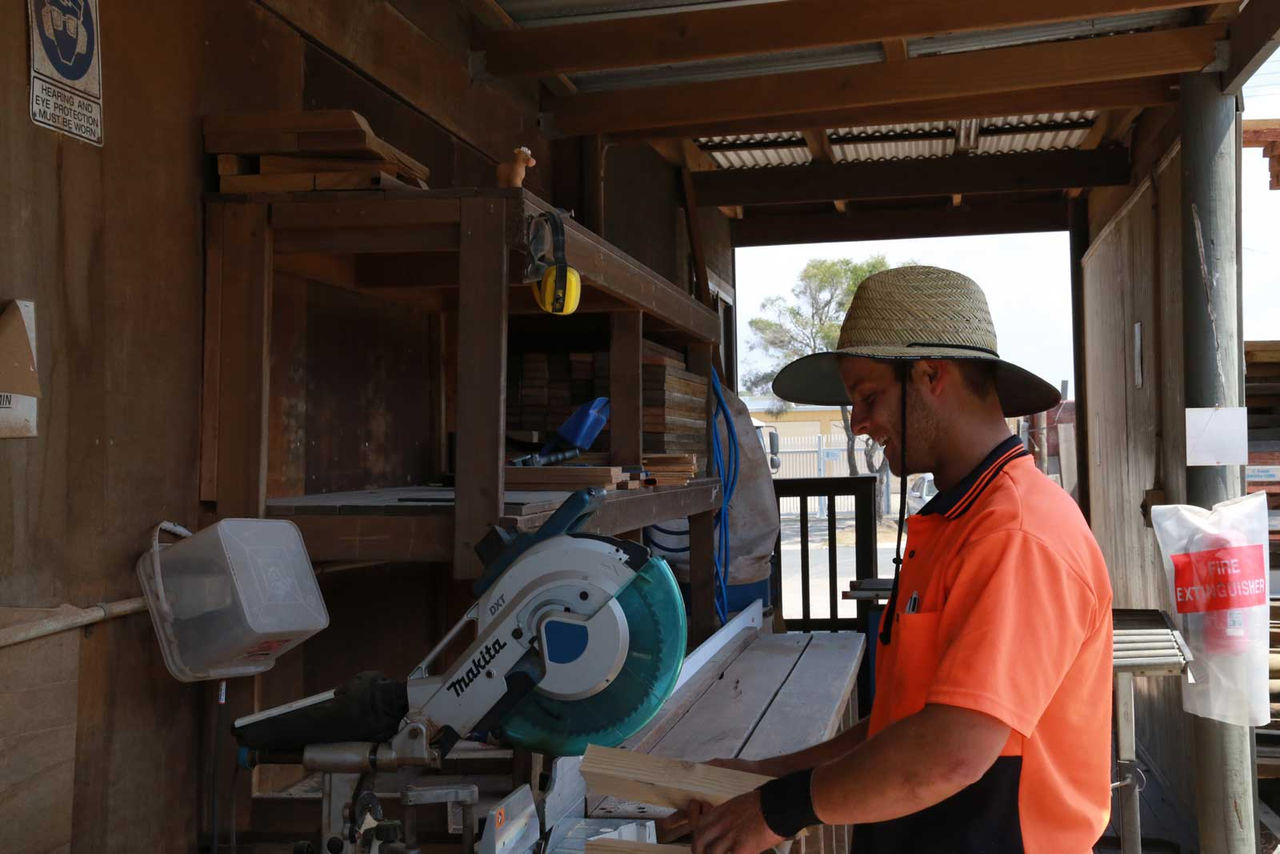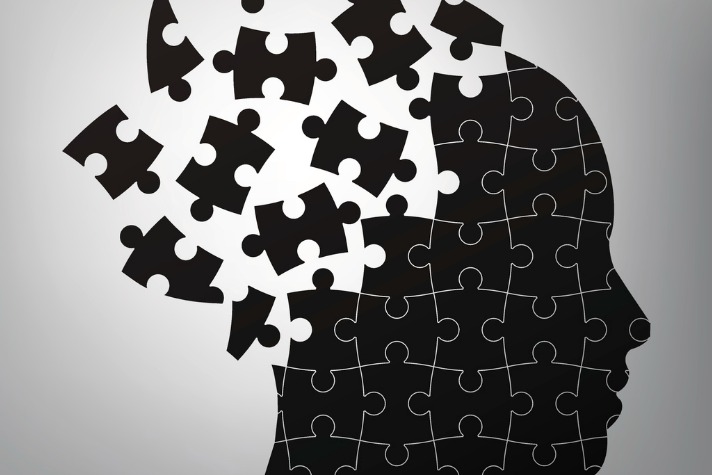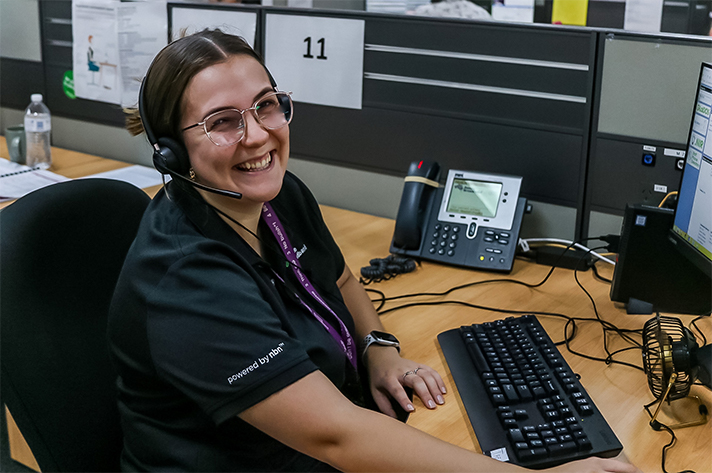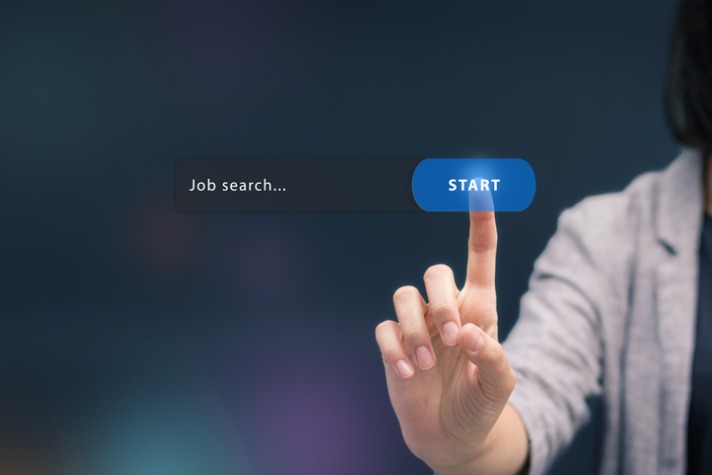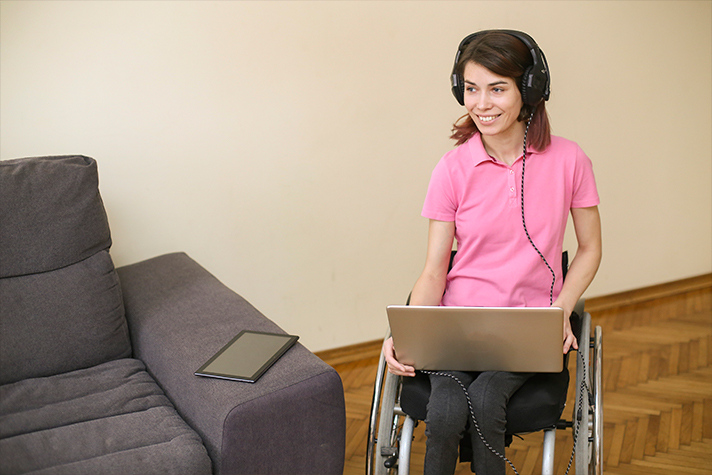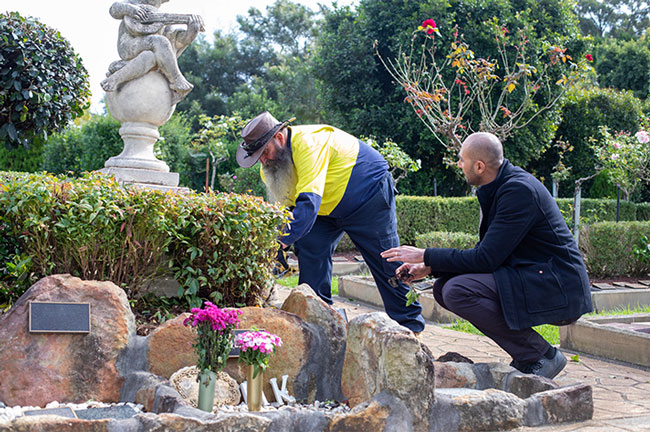Type 1 diabetes
Published by MAXSolutions on November 14, 2018
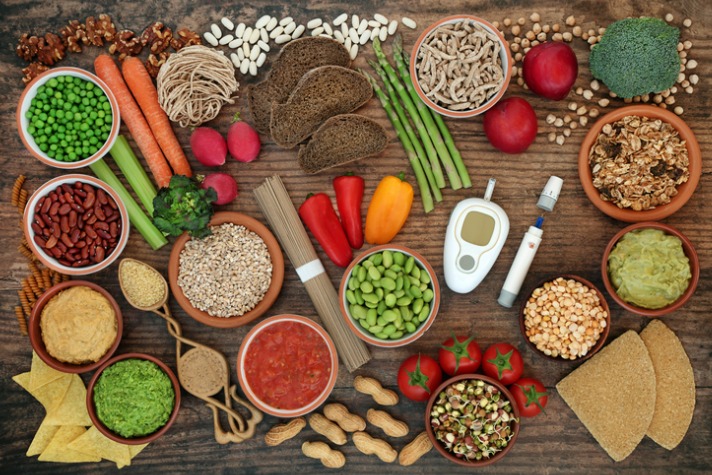
Diabetes is a condition that occurs when the body cannot maintain healthy levels of sugar (glucose) in the blood[1]
Glucose is the primary source of energy in your body and it is crucial for normal functioning. Having too much or too little can cause problems[2]
Type 1 diabetes is caused by the immune system attacking and destroying the cells in the pancreas that produce insulin[3]
When we eat, insulin is released into the blood stream where it helps to move glucose from the food into cells to be used as energy[4]
Without the right amount of insulin it is hard for your body to keep your blood glucose at a normal functioning level.
What causes Type 1 diabetes?
It is not known what causes this auto-immune reaction. Unlike Type 2 diabetes; Type 1 diabetes is not linked to modifiable lifestyle factors. There is no cure and it cannot be prevented.
Type 1 diabetes can be marked by the following symptoms, which you can remember with the four T's[3]
- thirst - being very thirsty (and possibly hungry)
- toilet - urinating more often
- thinner - experiencing unexplained weight loss
- tired - feeling unusually tired
People with type 1 diabetes depend on insulin every day of their lives to replace the insulin their bodies cannot produce. They must test their blood glucose levels several times throughout the day.
Without insulin, the body burns its own fats as a substitute which releases chemical substances in the blood, these can accumulate, without ongoing injections of insulin, and can be life threatening if it is not treated. This is a condition call ketoacidosis[1]
Diabetic ketoacidosis symptoms[3]
Diabetic ketoacidosis is a serious emergency condition caused by very high blood sugar levels. If someone you know has diabetes becomes confused or unconscious, call triple zero (000) for an ambulance
Symptoms include:
- fast breathing
- breath that smells like nail polish remover
- stomach pain
- flushed cheeks
- vomiting
- dehydration
Type 1 diabetes diagnosis
If your doctor thinks you may have diabetes, you will probably need to have a blood test. You may be asked to take a fasting blood glucose test, where you don’t eat for 8 hours prior to the test, or a random blood glucose test, where you don’t need to fast. You may also need to have an oral glucose tolerance test where you have blood glucose tests after you drink a sugary drink.You may also be asked to have your urine tested for ketones.
Maintaining a healthy lifestyle can assist your management of Type 1 Diabetes.
For assistance in keeping well contact your EAP on 1800 629 277 or email support@maxsolutions.com.au
References:
1. https://www.diabetesaustralia.com.au/about-diabetes/type-1-diabetes/
2. https://www.healthdirect.gov.au/blood-glucose-test
3. https://www.healthdirect.gov.au/type-1-diabetes
4. https://www.diabetesaustralia.com.au/managing-diabetes/medicines/
Share
Tags
Found this useful?
Help and advice
Our blogs are about helping people seek the information that they need for their steps in the workforce.




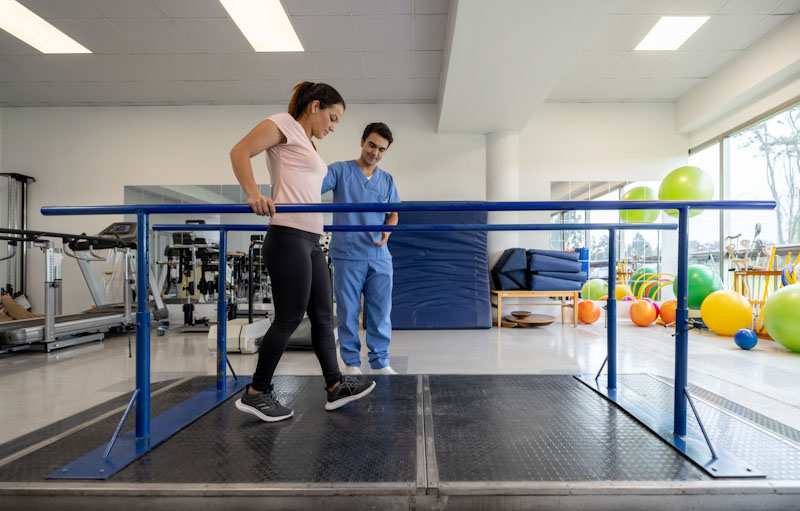









_1.jpg)

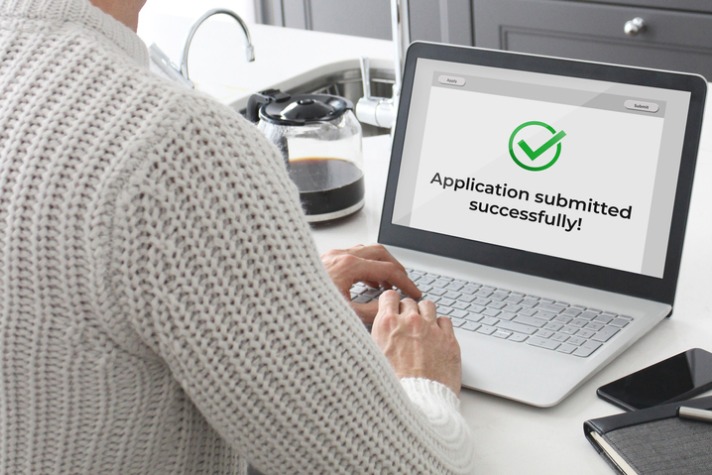

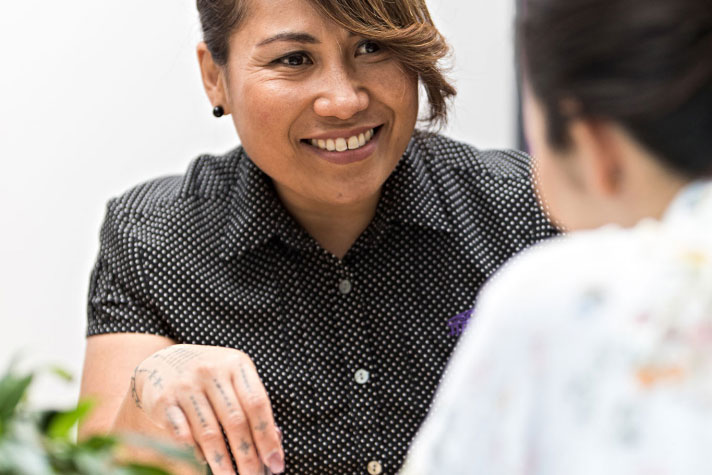
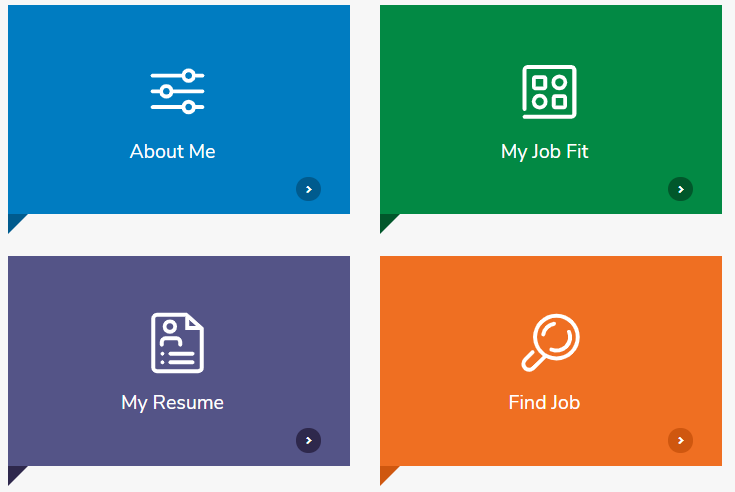
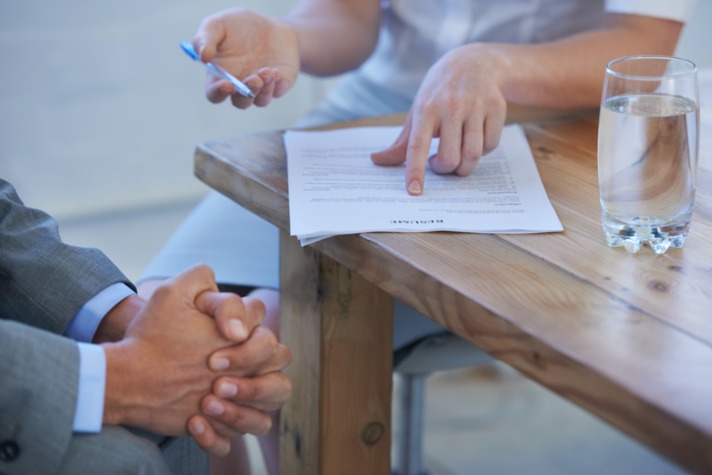
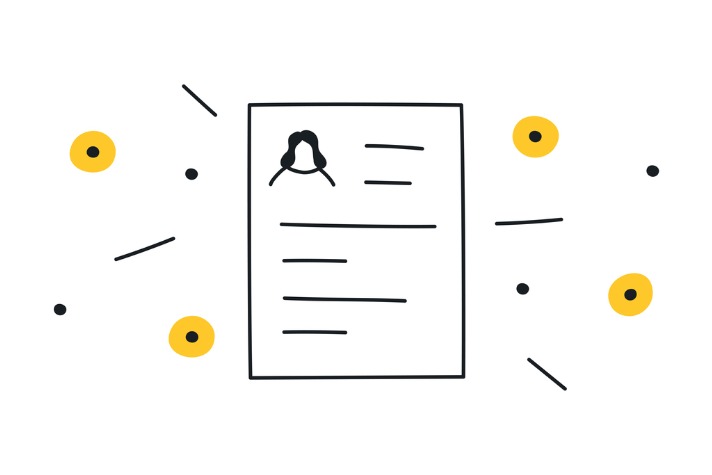

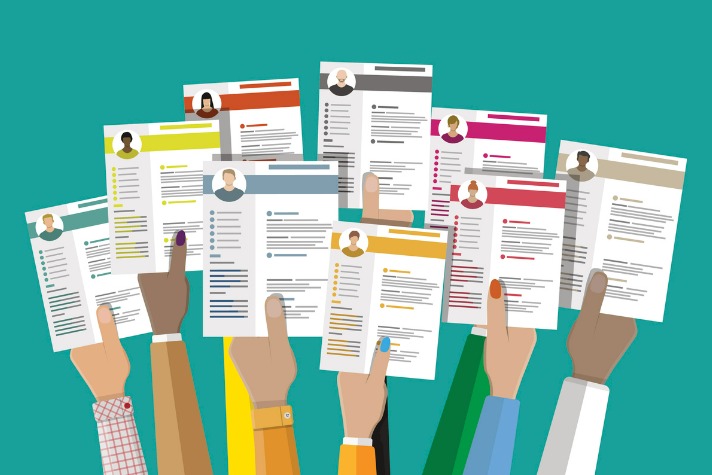
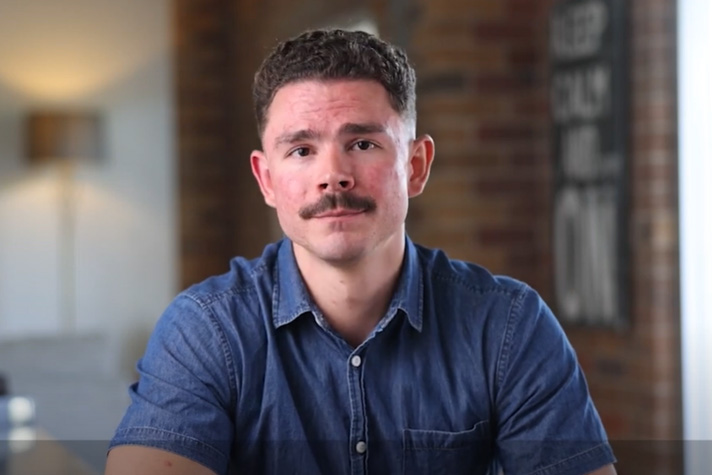
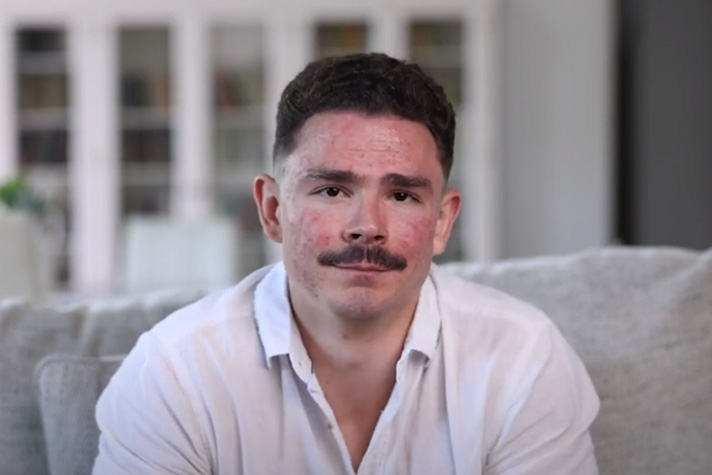
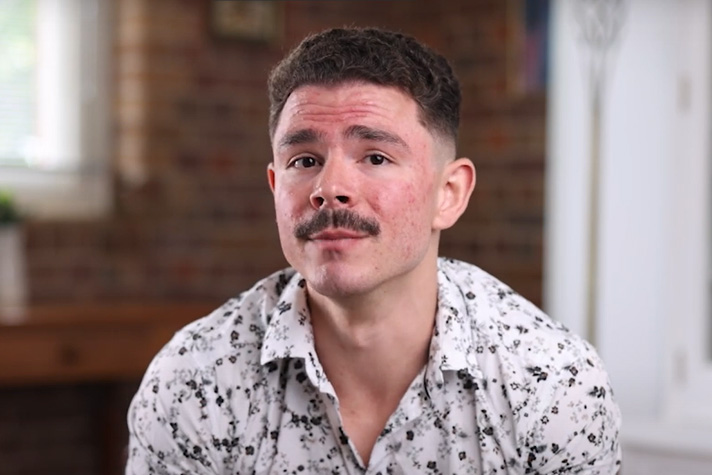
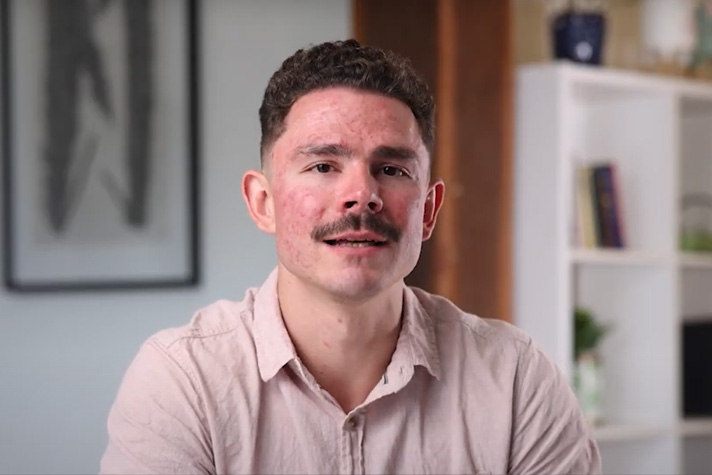
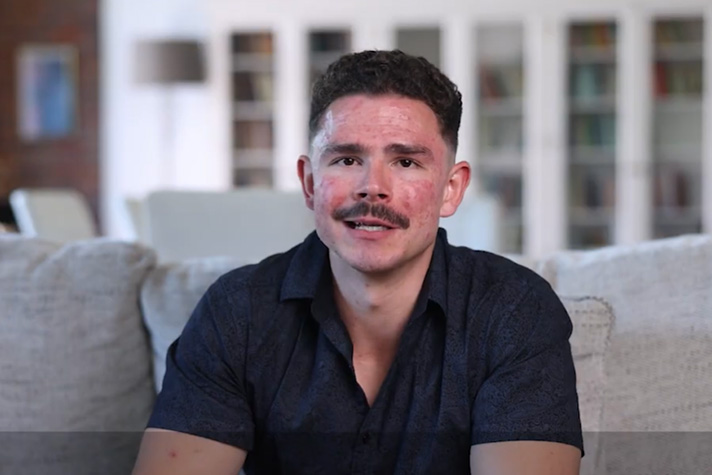






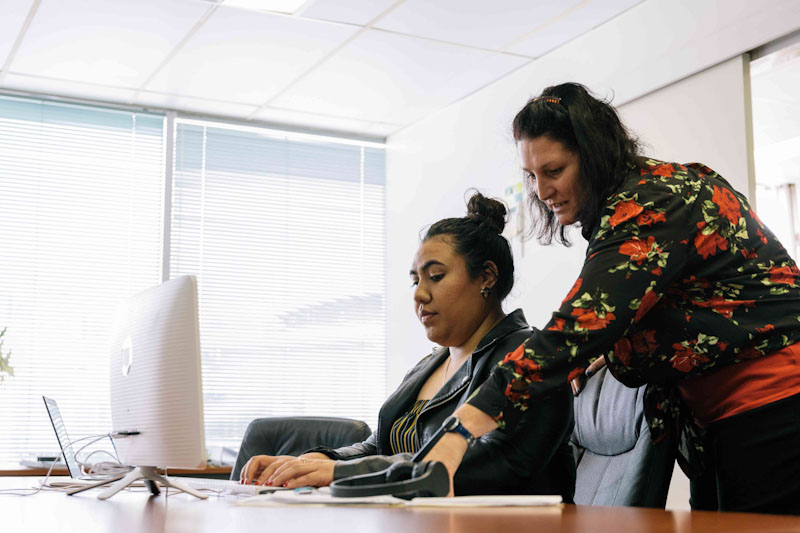








.jpeg)
